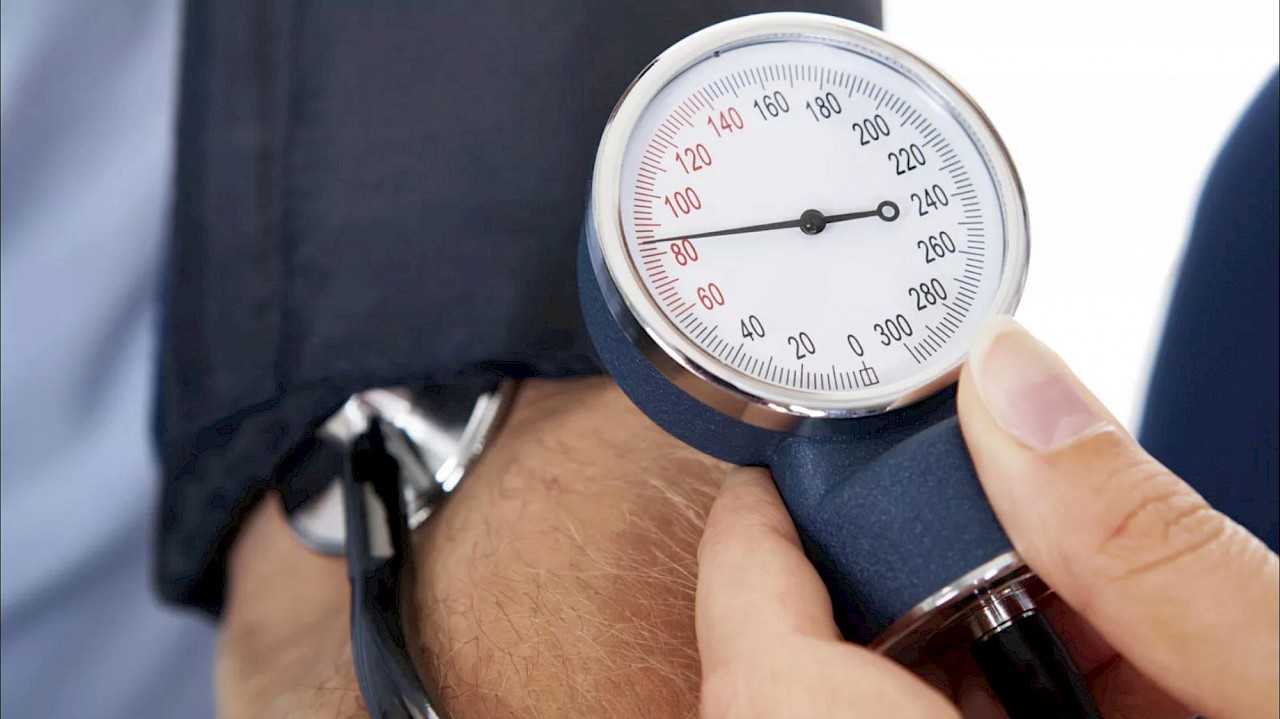Summer is a great time to consider getting those screenings that help you stay as healthy as you can be. Finding a health problem early can help prevent some cancers, heart attacks, strokes and other health issues. As men, we unfortunately put off our healthcare until damage is done.
Here’s a list of recommended health screenings.
- Hypertension: High blood pressure strains our heart and arteries and can lead to many serious health conditions, including common killers like heart disease, aneurysms and stroke. Many men with hypertension are unaware of their condition because there are often no symptoms. The National Institutes of Health recommends that men between the ages of 18 and 64 have their blood pressure checked at least once every two years. Any time you visit a healthcare facility and someone wraps an inflatable cuff around your arm, they are screening you for hypertension. If you don’t see a medical provider regularly, consider using a blood pressure screening machine at a pharmacy. If your blood pressure is higher than 130/80, make an appointment to see your doctor.
- Prostate: Although prostate cancer is one of the most common cancers in men, it is highly treatable when found early. If you have a history of prostate cancer in your family, tell your medical provider so they can decide if a PSA blood test would be helpful.
- Testicular: Testicular cancer is the most common cancer in American males between the ages of 15 and 35. If you feel a lump, swelling or pain in your testicles or scrotum contact your medical provider.
- Colorectal: Overall, the average lifetime risk of developing colorectal cancer is about 1 in 22. Symptoms can include changes in your bowel movements (e.g., diarrhea, constipation, or narrowing of the stool) and blood in your stool (which can vary from bright red to dark). Screening for colon cancer usually starts at age 45-50 and can involve stool tests or a colonoscopy.
- Skin: Men older than 50 are about twice as likely to die from melanoma than their female counterparts. If you have moles that are irregularly shaped, do not have sharp borders, have multiple colors in a single mole, or are growing in size or changing shape, make an appointment to see your medical provider. They can assess whether the mole should be biopsied or removed.
- Type 2 Diabetes: Type 2 diabetes develops when your body is unable to regulate your blood sugar because your body has become resistant to insulin or has stopped producing enough insulin. Symptoms can include increased hunger, thirst, frequent urination, weight loss, fatigue, blurred vision, and/or frequent infections. A simple blood test can help determine whether you have diabetes.
- HIV: We’ve made tremendous medical advances in treating HIV/AIDS in the last decade, but the only way to know if you’re infected is to get tested. All adults should be tested at least once. Those with multiple sex partners or IV drug users should get tested at least once a year. If you are exposed to HIV, you may develop an active infection that initially causes flu-like symptoms. Untreated HIV infections can, over time, lead to AIDS. Fortunately, there are several medications that if continually taken as directed can stop HIV in its tracks.
- Glaucoma: Glaucoma puts pressure on the optic nerve and can lead to blindness. If you are younger than 40 and have no known risk factors for glaucoma, the American Academy of Ophthalmology recommends a complete eye exam every 5 to 10 years.
Catching problems early let’s you avoid big problems later.
Dr. Jerry Douglas is the chief medical officer at MCHC Health Centers—a local, non-profit, federally qualified health center offering medical, dental and behavioral health care to people in Lake and Mendocino Counties.

 MyChart Login
MyChart Login

